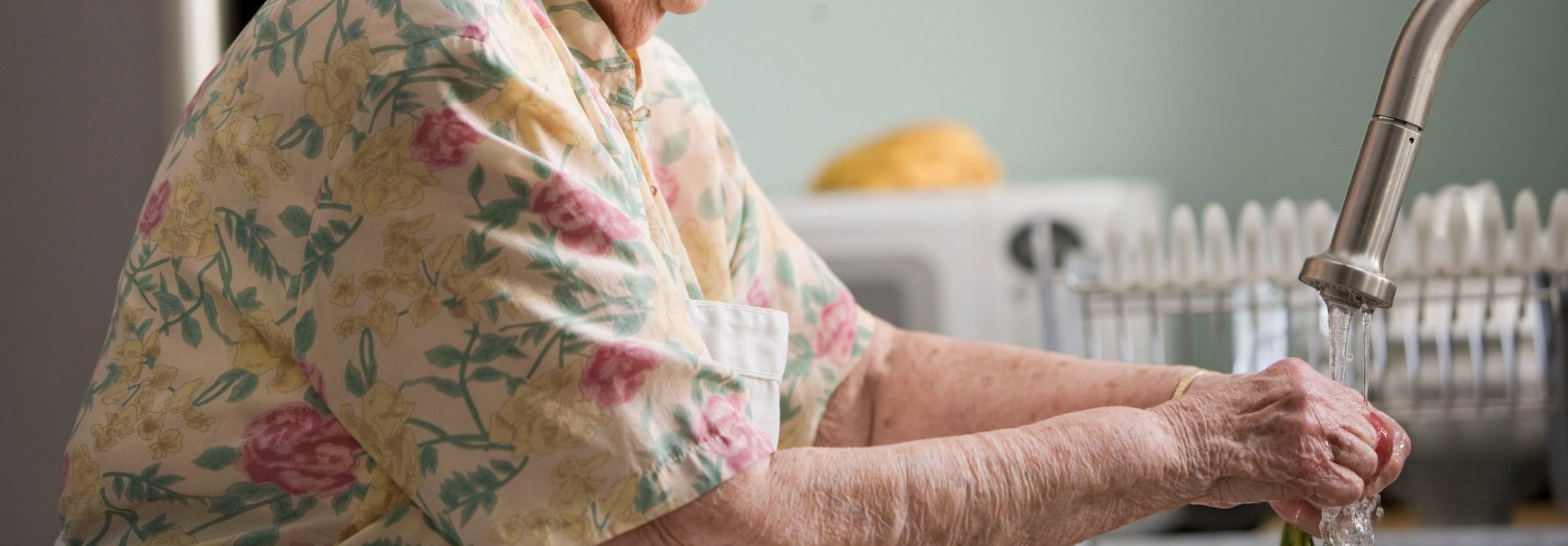Social isolation among older adults is considered to be a serious public health issue, mainly due to their heightened risk of mental health, autoimmune, cardiovascular, and neurocognitive issues. As reported in a recent study, social disconnection also places older adults at greater risk of anxiety and depression, which can worsen physical health symptoms.
Due to COVID-19, social distancing measures are in effect, which is expected to disproportionally impact select elderly individuals, particularly those whose only social interaction takes place out of the home, such as community centers or places of worship.
Those who do not have close friends or family to assist them during this time may also face an increased risk. In addition, the majority of elderly individuals do not have access to digital resources.
Whether you are concerned about your elderly parent, friend, or neighbor, here’s what you need to know about self-isolation as it relates to the aging population.
Why Self-Isolation Is so Important for the Elderly During COVID-19
Although there are important considerations associated with self-isolation among the elderly, which we will discuss shortly, it’s important to first address the reasons why seniors are being encouraged to stay home during the current pandemic. As of April 30, 2020, more than 61,500 deaths have been reported. However, this number could be significantly higher.
While studying the death rates of COVID-19, the current pandemic kills an estimated 13.4 percent of patients 80 years of age and older, compared to just 1.25 percent of those in their 50s and 0.3 percent of those in their 40s. The ways in which the immune system changes with age continues to remain a key area of interest.
Although more research is needed in order to better understand the true impact that COVID-19 has on elderly individuals, as well as the general public, the Centers for Disease Control and Prevention has reported that older adults, as well as those living with severe underlying medical conditions, face a higher risk of developing complications.
Bottom line: 8 out of 10 deaths reported in the United States have been in adults 65 years older and older.
While Seniors Need to Take Extra Precautions, There Are Consequences of Self-Isolation
As countries around the globe aim to protect over-burdened health systems, the elderly population is being urged to self-isolate. If this population is instructed to stay home, have their groceries and medications delivered in order to avoid social contact, urgent action will be required to mitigate both mental and physical health consequences.
Even before social distancing measures were put into place, studies showed that the elderly felt isolated. In the United States, approximately 13.8 million older adults live alone. Of those who do experience feelings of loneliness, these individuals face an increased risk of both physical and mental conditions.
These conditions include but are not limited to:
- High blood pressure
- Depression and anxiety
- A weakened immune system
- Heart disease
- Cognitive decline
But You Can Help
As a friend, family member, or neighbor, you can help. Whether you call regularly to check-in or visit from across the street, it is imperative that you listen and observe during this time. Give the elderly individuals in your life something to look forward to.
If possible, encourage face-to-face connection through video chat platforms such as Skype or FaceTime. If this is not an option, stand outside an elderly love one’s window with a sign showing your love and support. For a neighbor who does not have family, leave your number on their porch with a note to let them know you’re there if they need assistance.
For more information, be sure to check out: How to Help Older Adults with COVID-19 Anxiety







